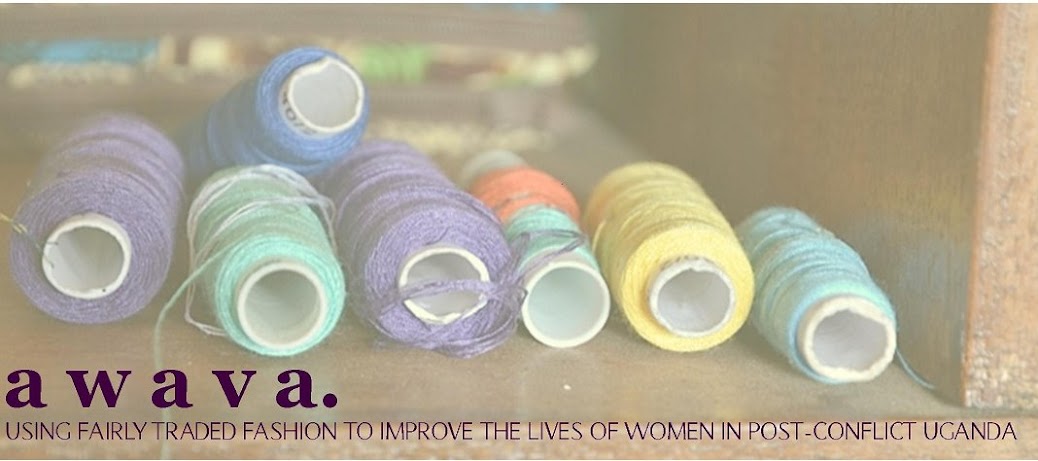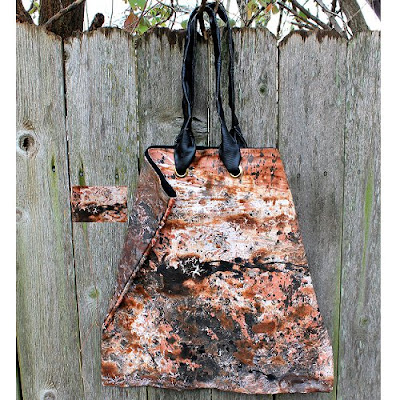Thinking back on media coverage of sub-Saharan Africa this past year, including some events that made my top-ten list of the major Africa stories for 2010, I got a little depressed. With all the doom and gloom of conflict and state-sponsored repression, it’s easy to forget the strides the continent’s residents make every day in business, technology, art, and politics. So, for this year’s list, I decided to choose positive stories that seemed especially auspicious. There are always caveats to any good news, but, for now, the good is outweighing the bad. Africa is a place that is impossible to reduce to any generalities, except maybe this one: it has an enormous amount of potential. Here’s why:
1. Africa is experiencing an economic boom. Africa is predicted to have the largest economic growth of any continent over the next decade, and the burst has already begun. As domestic industries, entrepreneurs, and foreign investors prepare to take advantage of this growth, the economies of at least a dozen countries have expanded by more than six per cent a year for six or more years. Ethiopia’s grew by seven and a half per cent this year. A number of big countries appear to be headed for ten per cent. And concrete middle classes are forming across the continent: as the Economist noted, sixty million African households have annual incomes greater than three thousand dollars. By 2015, that number is expected to reach a hundred million, a number almost equivalent to India’s today.
2. South Sudan gained its independence. It has been a long time coming. Two decades of civil war in the former unified Sudan left the southern half empty of people and resources, and broke. But, despite worries to the contrary, the Sudanese government allowed the independence referendum promised in a 2005 peace treaty to proceed, and South Sudanese voted in approval by a margin of ninety-nine percent. Tensions with Sudan over the border, oil, and the Nuba Mountains, notwithstanding, South Sudanese finally have a chance to rule themselves.
3. Ugandans staged Walk to Work protests in a movement partly inspired by the Arab Spring and rooted in rising fuel and food prices and overwhelming unemployment and corruption. (The movement was so named because of the hundreds of thousands of Ugandans who walk to work because they can’t afford fuel.) Why were the protests good news? President Yoweri Museveni has clung to power for a quarter century, while the opposition leader Kizza Besigye has competed tirelessly for his seat, losing three times in the past decade alone. As Besigye led thousands on the streets of the capital Kampala through tear gas and bullets, and protesters walked through the streets of other towns, it appeared that, for the first time in years, Ugandans were telling Museveni that enough was enough.
4. Two Liberian women won the Nobel Peace Prize. Though the timing was awkward—the political opposition complained that the announcement of the award, to President Ellen Johnson Sirleaf (the country’s first female leader) and the activist Leymah Gbowee, came right as Sirleaf was vying for reelection—much of the country found the recognition of the work of Sirleaf and Gbowee to be well-deserved. Gbowee is particularly impressive: during what looked like a hopeless civil war in the nineteen-nineties, her peaceful, all-women prayer protests, sit-ins, and appeals to rebels to sign a peace deal effectively ended the fighting.
5. Cell phones continue to change how Africans live. The devices have proven to be invaluable: health-care workers use cell phones to track and monitor pregnant women in rural Rwanda (where the number of maternal deaths is high) and H.I.V. patients in Kenya, and Kenya’s mobile banking system, which has been called the world’s most innovative, lets Kenyans pay bills, send remittances, purchase goods and airtime, move funds among accounts, and even take out and pay back loans for entrepreneurial ventures.
6. South African democracy took a turn for the interesting. During this past summer’s local government elections, Helen Zille’s Democratic Alliance party gained a surprising twenty-one per cent share of votes against the deeply entrenched African National Congress, which has ruled since the fall of apartheid. (Nelson Mandela was once its leader.) This is no small feat. The A.N.C., in spite of its corruption and multiple scandals, has held on to its dominance in part by invoking racial rhetoric and the spectre of the apartheid era, and has nearly turned South Africa into a one-party state. The D.A., led by a liberal white female politician who campaigns for multiracial progress, has had difficulty gaining voters across the racial divide. That may be changing.
And in other good news, President Jacob Zuma unexpectedly fired two top ministers and the police chief for corruption.
7. African innovation was celebrated for a third year at Maker Faire Africa. Emeka Okafor, a Nigerian, once said that he couldn’t understand why, in the tech realm, so little interesting and creative activity seemed to be coming out of sub-Saharan Africa. Curious about what good ideas from Africa looked like, he helped found Maker Faire Africa, where inventors from across the continent gather to showcase their wares—this October in Cairo, in previous years in Nairobi and Accra. The result has been astounding: mobile apps, seed-planting devices, solar-powered computer kiosks made out of recycled oil drums, paraffin lamps, and other technologies that, importantly, address the immediate needs of Africans.
8. The U.S. announced a new push for gay rights abroad. 2011 has been tough for gay and lesbian Africans—their living conditions in Uganda, Cameroon, Malawi, and South Africa, among other places, are growing worse, and Nigeria’s parliament is considering an anti-gay bill. But there is some positive news in this story, too. The U.S. government says it will use all diplomatic tools, including foreign aid, to influence nations that criminalize or mistreat gays. Uganda has already denounced the initiative, but Malawi’s government says it is reviewing its anti-homosexuality legislation.
9. (Some) progress in Somalia. Analysts told the Times that the African Union’s peacekeeping troops, drawn from several African countries and supported by U.S. funds, drones, and contractors, appear to be prevailing in the war against Somalia’s insurgents. The situation is still bad—five hundred soldiers have been killed so far and the Somali government has yet to build any real infrastructure—but the African Union remains optimistic.
Better yet, the rains have finally started in central and southern Somalia, easing both the drought and the famine.
10. Botswana as a global leader in fighting corruption. According to the just-released Corruption Perception Index, done every year by Transparency International, Botswana was ranked thirty-two out of the hundred and eighty-three countries included in the survey, and was up four places from last year and eight places since 2009. The country ranked over half of all European nations. Botswana has launched an intense approach to weeding out corruption by setting up a Directorate on Corruption and Economic Crime to investigate and bring prosecutions, and by drafting legislation that will protect whistle-blowers. Here’s hoping Botswana’s neighbors follow suit.
Illustration by Jim Stoten.
Read more from The New Yorker’s 2011: The Year in Review, at News Desk and at Culture Desk.





